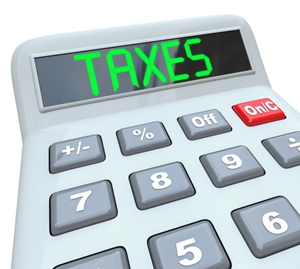
While most of the regulations regarding the Affordable Care Act are already in effect – like the individual mandate and the one requiring small businesses to offer employee benefits to their full-time workers – the Cadillac Tax won't initiate until 2018. Once it comes around, though, the government will charge a 40 percent excise tax on certain employer health plans, depending on their premium amounts.
Should employers fall under the Cadillac Tax provision, most workers don't think they'll be seeing a raise any time soon as a result, according to a newly released poll.
More than 3 in 4 full-time workers – 76 percent – say that they don't expect their earnings to increase should their employer-sponsored coverage be subject to the Cadillac Tax, based on a recent survey conducted by the Kaiser Family Foundation. Meanwhile, 20 percent believe that their wages likely would be given a boost, the tradeoff being that their health benefits would probably contract, as business owners attempt to avoid the levy on health plans.
For the most part, however, employers don't believe they'll have to worry about the Cadillac Tax. According to a poll done last year by the Employee Benefit Research Institute, 85 percent of business owners say their health plans aren't at a threshold that would initiate the tax, the Washington Post reported, the cutoff being $27,500 for a family of four and $10,200 per individual.
The median salary in the United States totals roughly $52,000 per household, according to the U.S. Department of Labor, which is down slightly from 2009. However, there are those industries where the rate of pay has risen. Between 2010 and 2015, information technology, finance and insurance, gas extraction and mining have all seen pay increases, based on a recent poll performed by online job search engine CareerBuilder.





